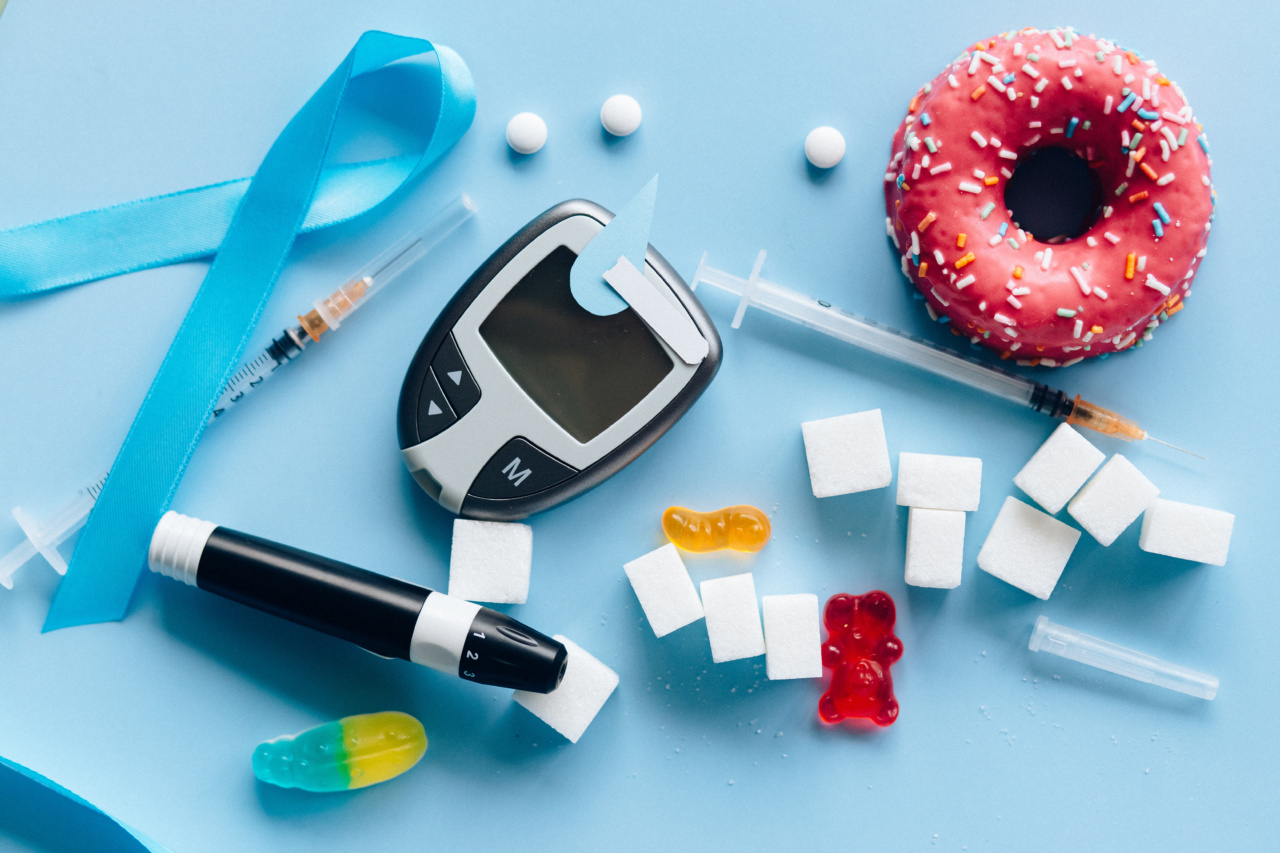Diabetes is a chronic condition that affects millions of people worldwide, including a significant number in the United Kingdom.
The National Health Service (NHS) plays a crucial role in providing emergency diabetic medicine to ensure the well-being and survival of diabetic patients in critical situations. However, there is always room for improvement in the delivery and accessibility of such medications within the NHS.
This article explores the various aspects of emergency diabetic medicine in the NHS and suggests potential ways to enhance its effectiveness and efficiency.
The Importance of Emergency Diabetic Medicine
Diabetes is characterized by the body’s inability to regulate blood sugar levels effectively, which can lead to serious health complications if not managed appropriately.
In emergency situations, such as hypoglycemic or hyperglycemic episodes, immediate intervention is crucial to prevent life-threatening outcomes. Emergency diabetic medicines, like glucagon and insulin, have proven to be indispensable tools in stabilizing blood sugar levels rapidly.
Current Challenges
Although the NHS strives to provide high-quality healthcare services, there are several challenges that hamper the efficient and timely accessibility of emergency diabetic medicine.
One significant issue is the lack of awareness among the general population about the importance of emergency medication and how to use it correctly. Many patients do not possess the necessary knowledge or training to administer emergency medication effectively, especially during an emergency.
Improving Awareness and Education
To address this challenge, the NHS needs to focus on improving awareness and education surrounding emergency diabetic medicine.
This can be accomplished through targeted public health campaigns, educational resources, and collaborations with diabetes organizations. By educating both patients and healthcare professionals about the importance of emergency medication and proper administration techniques, we can ensure that critical interventions are delivered promptly and correctly.
Enhancing Access to Emergency Diabetic Medicine
Another key aspect to consider is the accessibility of emergency diabetic medicine. While most diabetes patients carry their regular insulin supplies, emergency medication may not always be readily available.
Increasing accessibility can be achieved by expanding the distribution of emergency diabetic medicine in various healthcare settings, such as hospitals, clinics, and pharmacies. By ensuring that emergency medication is readily accessible, we can improve patient outcomes during critical situations.
Streamlining Emergency Medication Prescription
The process of obtaining emergency diabetic medicine should also be streamlined within the NHS. Currently, the prescription and dispensation of emergency medication can be time-consuming and bureaucratic.
Simplification of the prescription process, such as allowing healthcare professionals to issue emergency medication prescriptions without excessive paperwork, can save valuable time in emergency situations. Moreover, electronic prescribing systems can facilitate seamless and efficient access to emergency medication, reducing the risk of delays or errors.
Collaboration with Pharmacies and Community Organizations
Community pharmacies and organizations can play a vital role in improving the distribution and accessibility of emergency diabetic medicine.
Collaborating with these entities can help establish designated points of access for emergency medication within local communities. Pharmacies can stock emergency medication and provide necessary guidance to patients, ensuring that they have access to life-saving treatments when needed.
Additionally, partnerships with community organizations can help raise awareness, provide training, and offer ongoing support to individuals with diabetes.
Utilizing Technology for Emergency Medicine Management
Advancements in technology present promising opportunities to enhance emergency diabetic medicine management.
Mobile applications and wearable devices can help patients and healthcare professionals monitor blood sugar levels more effectively, providing early warnings for potential emergencies. Integration of these technologies with the NHS infrastructure can enable real-time tracking of patients’ health status and facilitate proactive interventions during critical situations.
Improving Communication and Coordination
Effective communication and coordination between healthcare professionals, patients, and emergency services are crucial for the successful management of emergency diabetic medicine.
Implementing standardized protocols and guidelines can ensure a consistent approach across all healthcare settings. Timely sharing of information, such as patients’ medical history and ongoing treatment plans, between healthcare providers can facilitate appropriate interventions during emergencies.
Furthermore, involving patients in the development of personalized emergency care plans can enhance communication and empower individuals to take an active role in managing their condition.
Training Healthcare Professionals
Proper training of healthcare professionals is paramount for the successful implementation of emergency diabetic medicine in the NHS.
By incorporating emergency medication administration training into healthcare education programs, healthcare professionals can develop the necessary skills and confidence to handle critical situations effectively. Continuous professional development programs and simulations can also aid in improving healthcare professionals’ knowledge and familiarity with handling emergency diabetic medicine.
Research and Innovation
Investing in research and innovation is key to continuously improving emergency diabetic medicine in the NHS. Research studies can help identify new and improved medications, delivery mechanisms, and devices for emergency use.
Collaboration between healthcare institutions, universities, and pharmaceutical companies can drive innovation in the field of emergency diabetic medicine, ultimately benefiting patients and improving outcomes.
Conclusion
Enhancing emergency diabetic medicine in the NHS is crucial to ensure the well-being and safety of individuals with diabetes during critical situations.
By focusing on improving awareness, accessibility, communication, and education, we can make significant strides in improving the delivery of emergency diabetic medicine. Collaboration between healthcare professionals, pharmacies, community organizations, and the use of technological advancements can further boost the effectiveness and efficiency of emergency medication.
Through continuous research and innovation, we can continue to improve emergency diabetic medicine, ultimately enhancing the management of diabetes in the United Kingdom.





























